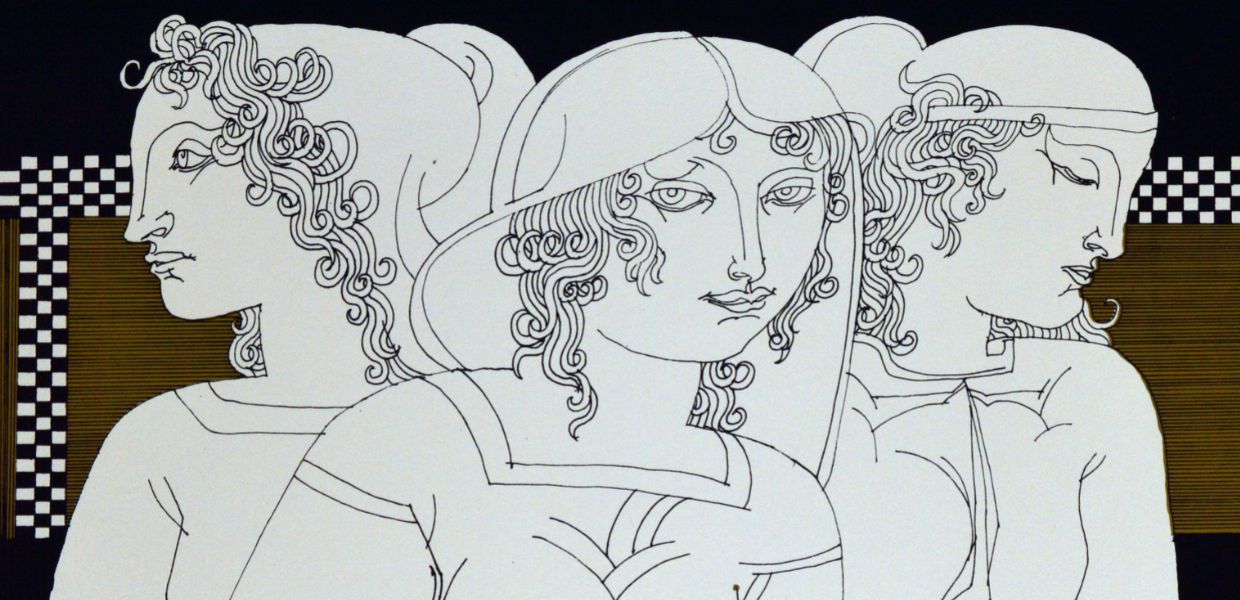The Storytelling Task Force had its kick-off meeting at the end of September 2020. Usually, this would be an in-person meeting, perhaps timed around the annual Europeana conference. But 2020 had other ideas and so all the meetings the Task Force organised were done virtually. But the restrictions on our movement provided us an opportunity - without needing a budget for travel and accommodation, we could allow more than the usual 8-12 people who normally form a Europeana Network Association Task Force to take part and welcomed 26 people from 14 countries.
One step at a time
The pandemic shaped how the work was divided. We split our activity into a number of smaller tasks, each set out clearly from the start with a schedule of meetings, start dates and end dates. With the uncertainty of everyone’s working situations in various countries in Europe and beyond, this allowed members to select which tasks fitted around their interests, lives and the restrictions and challenges in place at any time.
Within each task, members were invited to step forward and help to coordinate the activity, or to participate at their own level. There were smaller activities that all members could contribute to - for example, finding examples of storytelling with digital culture that they enjoyed and providing information about them, or joining a discussion to analyse a particular case study.
These tasks were designed to be collaborative but not overwhelming for members. We also wanted them to be enjoyable, and the atmosphere within our workshops and discussions to be welcoming and friendly to allow everyone to feel comfortable to participate. We encouraged collaboration through online tools which provided digital alternatives to physical meetings. Tools like Jamboard, Padlet and Mentimeter were really helpful for collecting and displaying information, and we used the Google suite, Zoom and Basecamp to hold our meetings and communicate.
So why join a Task Force in the middle of a pandemic?
English teacher at Polo Liceale ‘P. Aldi’ – Grosseto (Italy), Milena Lato, helped coordinate our analysis of three case studies. Milena says, ‘I heard about digital storytelling in online seminars for teachers. I began to use it and noticed how students got really interested by personifying a story, animating an adventure or combining photographs, videos, sound, music and texts. I was very interested in knowing more about digital storytelling through exchange with other professionals coming from all over the world.’
Cristina Iona Roiu, Head of the International Marketing Department at the Library of the Romanian Academy of Sciences, has been working on Europeana projects for 11 years including Europeana 1989, Europeana Migration and Europeana 1914-1918. ‘The crowdsourcing projects showed me the great desire people have for telling their family’s stories,' says Cristina. 'And so it became very important to me to learn more about digital storytelling. A good story behind any item or activity always has a greater impact on the audience.’
Not all members were so familiar with working with Europeana. Eleanna Avouri is an Early Stage Researcher/PhD Fellow at the Digital Heritage Research Lab, Cyprus University of Technology, whose experience with Europeana was as a user and avid blog reader. She says, ‘Digital storytelling in the field of cultural heritage has been an active part of my academic and research interest for some years now. The Task Force was an excellent opportunity to exchange ideas and experience with researchers and practitioners from various fields.’
What was the Task Force experience like?
Cristina says, ‘I have learned a lot and enjoyed the work with so many people across Europe. I admired the carefully thought-out planning of every activity and the useful tools that made our work more interactive and participatory. Often, our working sessions were for me the most beautiful time of the day. Every session was challenging, innovative, creative and a beautiful journey through storytelling.’
Milena too, found it a worthwhile experience, ‘I found this experience very interesting, useful and enjoyable, too. Exchanging good practices in such a professional and relaxed way was great! I learnt about new cultures, teaching/learning tips and tools, and how the Europeana website, materials and community are so effective for professional development and the spread and protection of cultural heritage.’
And for Eleanna, ‘I gained many different insights and perspectives regarding digital storytelling, from fields that were relatively new to me, such as theatre and science. The work I did for the Task Force had a very positive impact on my personal research work in terms of content and methodology.’
Why join a Europeana Network Association Task Force?
Through Task Forces, the Europeana Network Association helps to solve specific issues and challenges affecting the digital heritage field, and it is an experience that Storytelling Task Force members seem to recommend! Milena says, ‘I would surely recommend it because a piece of work made collaboratively by people with different experiences and expertise is a complete one.’
Cristina says, ‘Working with different types of participants on the cultural act is an enriching experience and the process builds valuable multinational cooperation that can then continue after the completion of the Task Force’s work..’
And Eleanna describes how, ‘For young researchers, like myself, it is a very educational experience.’
If you would like to be involved in Task Forces, and be the first to hear about new ones, join the Europeana Network Association today!
And if you would like to find out more about the work of the storytelling Task Force, don’t miss our webinar on 9 June!


